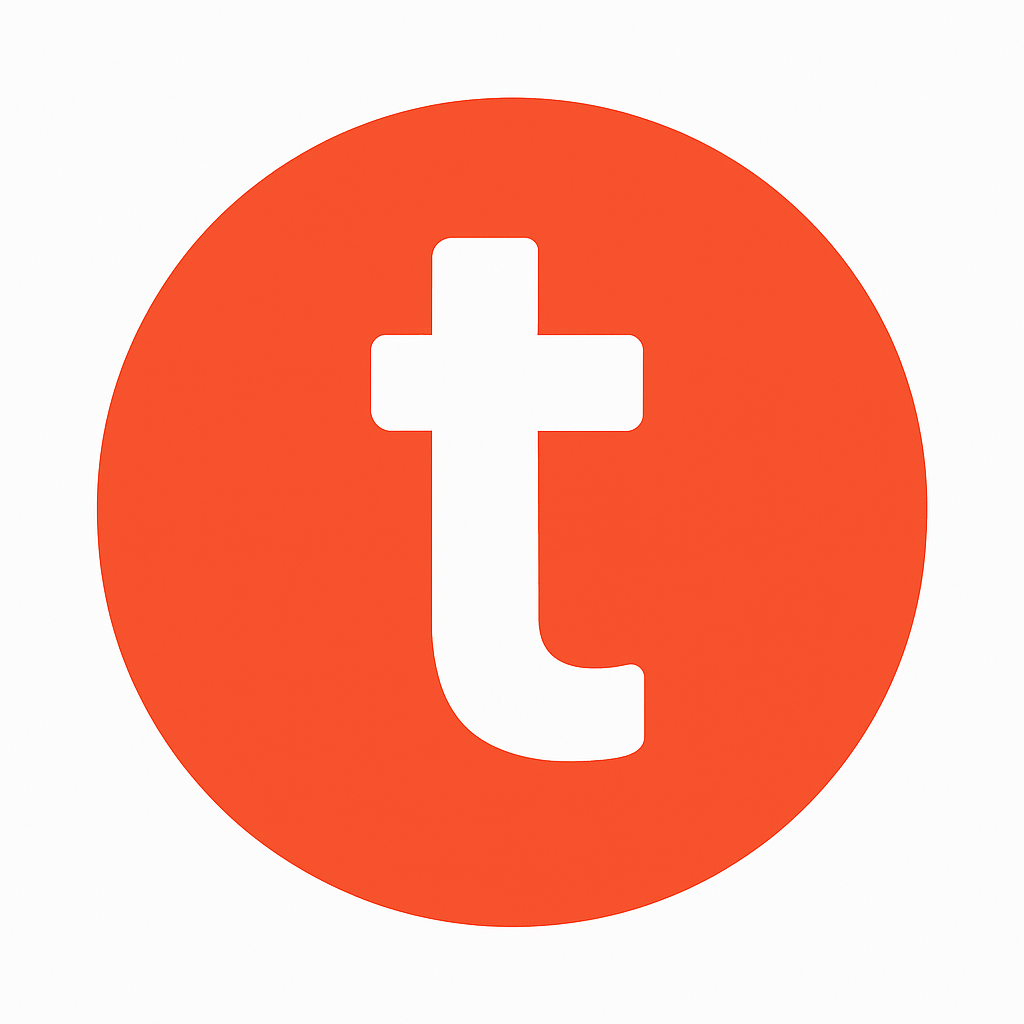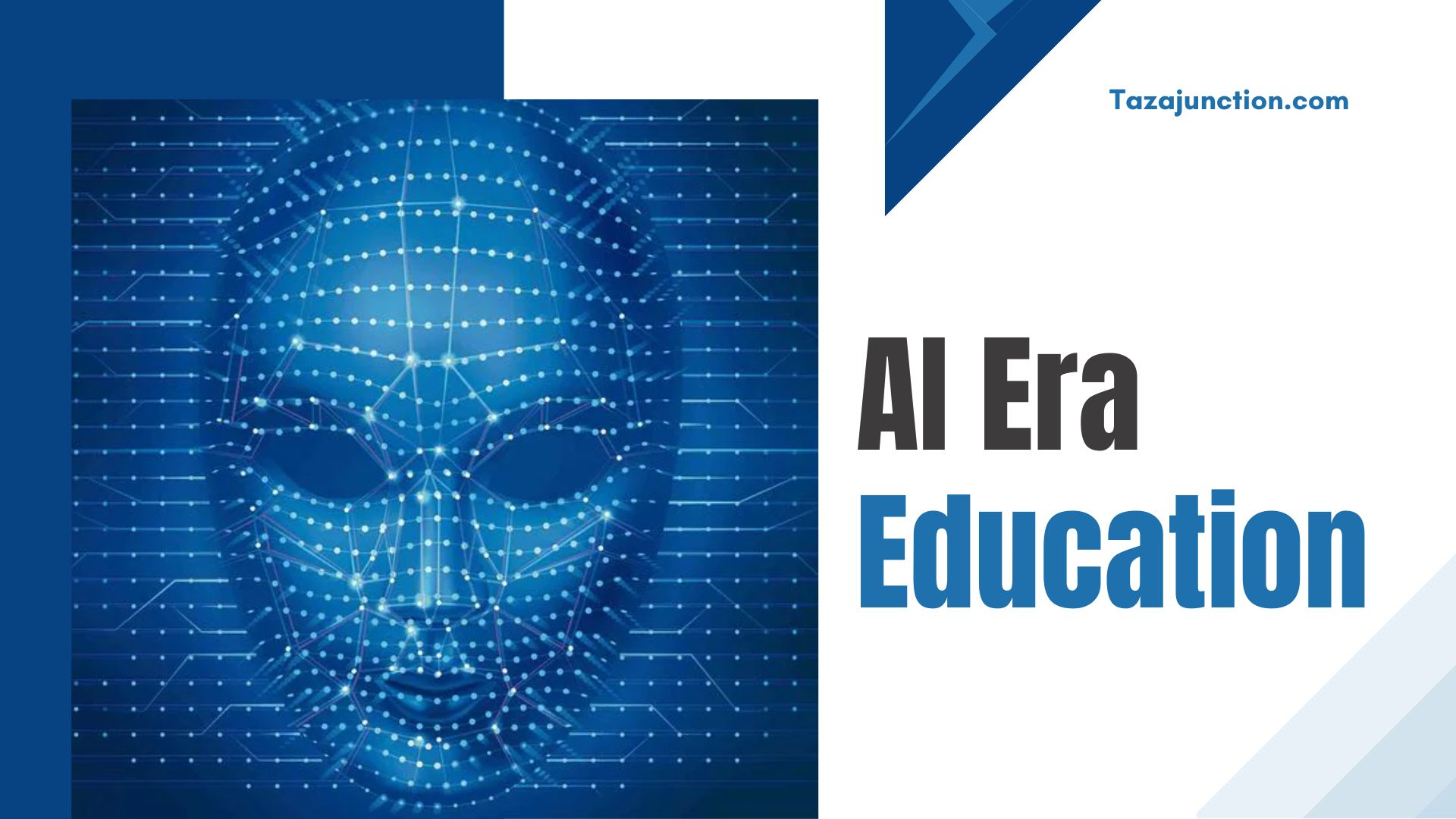In a world where artificial intelligence (AI) is evolving faster than traditional systems can adapt, a bold statement from a senior Google AI veteran is sending shockwaves across the academic and professional landscape.
The claim? That traditional degrees—including PhDs, law, and even medical qualifications — could become obsolete in the emerging AI era education model.
This assertion isn’t rooted in anti-academic sentiment but in a deep understanding of how rapidly AI is changing the rules of knowledge, skills, and employment.
With tools like ChatGPT, Gemini, and medical diagnostic AIs already performing tasks once reserved for experts, it’s becoming evident that the way we define intelligence, learning, and expertise needs to evolve.
So, what does this mean for students, professionals, educators, and institutions? Is formal education no longer valuable, or is it simply time to redefine what truly matters in the age of AI?
Let’s explore!!
Table of Contents
The Core Argument: Degrees vs. Capabilities
The veteran AI expert from Google argues that while formal education has its place, it’s no longer the most critical determinant of capability. In the AI era education landscape, skills like adaptability, problem-solving, creativity, and digital fluency are rising in importance over years-long academic credentials.
For instance, generative AI models are now capable of writing legal drafts, diagnosing illnesses with medical data, and solving complex equations — functions traditionally associated with highly trained professionals.
This does not mean that lawyers or doctors are no longer needed, but rather that their roles are shifting from gatekeepers of information to interpreters, overseers, and innovators.
In this context, the conventional structure of years-long degrees may become too slow and rigid to keep up with the demands of a technology-driven society.
Why Is Traditional Education Being Challenged?
Here are some key reasons why AI era education is shifting focus away from formal degrees:
1. Access to Knowledge Has Flattened
With AI tools capable of explaining, summarizing, and even teaching advanced concepts, students and learners can access high-quality education without enrolling in formal institutions.
2. AI Can Execute Specialized Tasks
From writing legal arguments to interpreting X-rays, AI can now complete many domain-specific tasks faster and, in some cases, more accurately than humans. This reduces the need for years of training to master such tasks.
3. Employers Are Focusing on Output, Not Credentials
Tech companies, startups, and even large corporations are increasingly emphasizing what a person can do, not what degree they hold. Portfolios, projects, and problem-solving ability are often valued more than academic transcripts.
4. Lifelong Learning Beats Static Education
In the AI era education paradigm, continuous learning is far more important than a fixed degree. AI evolves quickly, and the people who adapt alongside it will lead the future workforce.
The New Priorities: What Matters More Now

If PhDs, law, and medical degrees are losing their status as the ultimate markers of competence, what skills and attributes are rising to the top in the AI era education model?
1. Digital Fluency and AI Literacy
Being comfortable with AI tools, understanding their capabilities, and knowing how to integrate them into workflows is essential. Whether you’re a doctor, engineer, or artist, the ability to collaborate with AI is a future-proof skill.
2. Critical Thinking and Judgment
AI can analyze data, but it can’t always make value-based decisions. Human oversight — especially in ethical dilemmas or nuanced contexts — remains critical. Those who can interpret AI outputs effectively will be in demand.
3. Creativity and Innovation
AI can replicate patterns, but true innovation still comes from human creativity. Individuals who can imagine new solutions, ask the right questions, and design experiences will remain indispensable.
4. Agility and Self-Learning
The half-life of skills is shrinking. What’s relevant today may be outdated in five years. Being able to self-learn and adapt quickly is central to success in AI era education.
5. Interdisciplinary Thinking
Combining knowledge from various fields — such as psychology with computer science or ethics with engineering — is becoming more important than specialization alone. AI itself is multidisciplinary; so should be our approach to learning.
How This Affects Career Planning?
For high school students deciding on college paths or professionals considering graduate programs, the shift toward AI era education should prompt reflection.
- Should you invest in a 5-year law degree, or could short-term AI certifications and hands-on internships offer better ROI?
- Is a traditional MBA necessary, or would a combination of real-world experience and tech skills carry more weight?
- Will medical professionals need to focus more on empathy and patient interaction, leaving diagnostics to AI?
The message is not to abandon formal education entirely, but to consider how its value stacks up against real-world adaptability in a world increasingly influenced by artificial intelligence.
The Future of Professions: Augmented, Not Replaced
While the Google AI veteran’s statement might sound like a death knell for academia, it’s more accurately a call to evolve. Professions like medicine, law, and academia are not going away — they’re being reshaped.
In the AI era education framework:
- Doctors will work alongside AI diagnostic systems to improve speed and accuracy, focusing more on patient care and decision-making.
- Lawyers will use AI to automate documentation and research, freeing time for strategy and advocacy.
- Educators will use AI to personalize learning at scale, allowing them to become facilitators rather than content deliverers.
The people who thrive will be those who can work with AI, rather than be replaced by it.
Implications for Institutions
Universities, colleges, and training institutes need to rethink how they prepare students for a future where AI is not just a tool but a collaborator. This involves:
- Updating curriculums to include AI literacy
- Encouraging interdisciplinary studies
- Focusing on project-based, hands-on learning
- Offering modular certifications over long-degree programs
Adapting to the AI era education shift is not optional. Institutions that resist change risk becoming irrelevant, while those that embrace it can become global leaders in modern learning.
What Parents and Students Should Know?
Parents have long viewed traditional degrees as the surest path to stability and respect. But in the age of AI, this mindset needs to shift. Instead of asking:
“Which degree should my child pursue?”
They should be asking:
“What skills, tools, and thinking patterns will help them adapt, create, and lead in a world shaped by AI?”
The best investment may no longer be a fixed curriculum but continuous learning and experimentation.
Real-World Examples
- AI in Radiology: Some hospitals are already using AI for image-based diagnostics, and junior radiologists are being trained to interpret AI output rather than start from scratch.
- Contract Law Automation: Startups offer legal contract creation via AI. Entry-level legal roles in drafting are already being replaced.
- Tutoring and Test Prep: AI tutors like ChatGPT and others now provide 24/7 personalized education, challenging traditional coaching institutes.
Each of these examples shows how AI era education is less about the certificate and more about how you interact with and enhance what AI can do.
Final Thoughts
The statement by the Google AI veteran is not meant to devalue education — it’s meant to redefine it. In a world where AI knows more than any individual can memorize, being “educated” means being adaptive, resourceful, ethical, and creative.
Degrees may still serve as important credentials, especially in regulated fields. But their dominance is fading. The ability to learn fast, work with AI, and apply knowledge across contexts is now the gold standard.
The AI era education revolution isn’t coming — it’s already here. The real question is: Are we ready to let go of outdated models and embrace a future where learning never stops?

